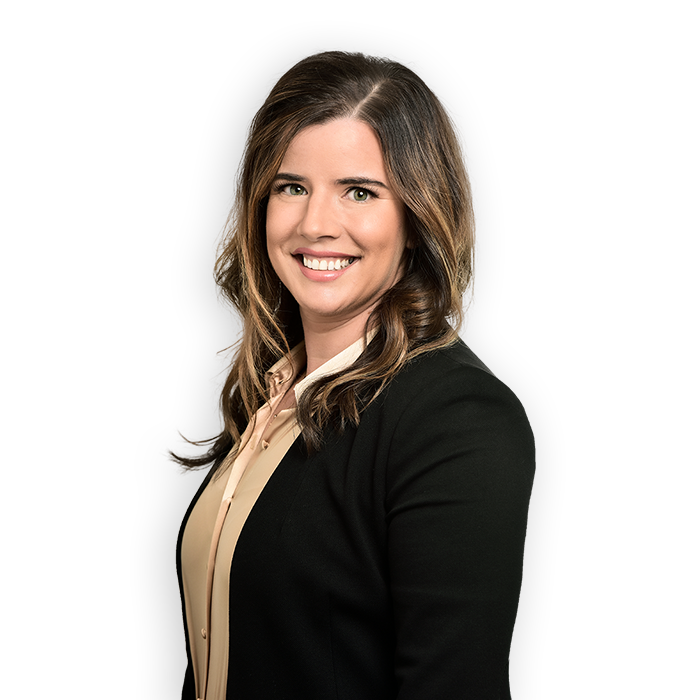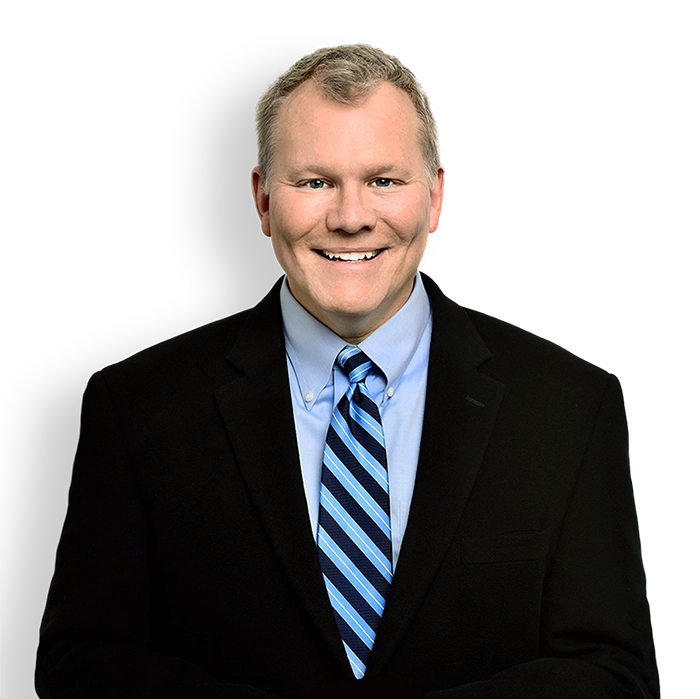Important OIG Advisory Opinion on Hospital-Employed NPs

Hospitals are making increasingly greater use of mid-level practitioners such as nurse practitioners (NPs) in the inpatient setting. Mid-level practitioners can enhance the quality of patient care by providing a more immediate response to patient needs, improve hospital efficiency and increase throughput, reduce costs, and address physician shortages, particularly among primary care physicians.
That said, these arrangements can implicate various regulatory issues, such as state and federal anti-kickback statutes, the Stark law and similar state laws, and billing and reimbursement. On December 19, 2022, the OIG issued an important Advisory Opinion concerning one such arrangement. (OIG Advisory Opinions constitute agency guidance and are not law. As noted below, an Advisory Opinion only applies to the individual or entity that originally requested the opinion, and is not binding on the public or the courts.)
That Advisory Opinion, No. 22-20 (the “Advisory Opinion”), addresses an arrangement where hospital-employed NPs furnish various services to hospital patients of primary care physicians who wished to participate in the arrangement. The hospital identified nine categories of services furnished by the NPs, such as initiating plans of care, making rounds, responding to diagnostic test results, and discharge planning. The Advisory Opinion stated that some of the services furnished by the NPs traditionally have been, and would otherwise be performed by, the participating physicians.
The OIG stated that the provision of these services to the physicians without charge would constitute remuneration to the physicians under the federal anti-kickback statute because the physicians would be relieved of services they would otherwise be required to perform. The OIG concluded that the provision of this remuneration could induce the participating physicians to make referrals to the hospital and thereby implicated the federal anti-kickback statute. However, the OIG ultimately determined that it would not impose administrative penalties in this case because it believed that the arrangement “presents a minimal level of risk of fraud and abuse under the Federal anti-kickback statute.”
The OIG relied on the following factors to conclude that the arrangement presented a minimal level of risk:
- The arrangement was only with primary care physicians. A greater risk could be presented if the arrangement involved specialty physicians who make more lucrative referrals.
- The arrangement is available to all physicians practicing in the service lines using the program, and does not target any particular physicians, and does not reflect or take into account physicians’ future or past referrals.
- The arrangement included several safeguards, including (a) all NP duties are in collaboration with the participating physicians, (b) the physicians must still round daily and maintain accountability for patient care, (c) the hospital makes no payments to the participating physicians and there are no ancillary agreements that reward referrals, and (d) the physicians are prohibited from billing patients or payors for the NPs’ services and can bill only where they have personally performed the work and there is documentation supporting work they have performed.
- The OIG found the arrangement was unlikely to increase federal health care program costs, because the hospital did not bill for the NPs’ services, and the arrangement serves policy goals by allowing care to be provided more quickly and efficiently.
Hospitals who employ NPs to furnish inpatient services should review and consider the impact of this opinion. We note, however, that the Advisory Opinion applies only to the hospital that requested it. The Advisory Opinion does not directly protect similar arrangements implemented by other hospitals, although incorporating elements of the arrangement considered in the Advisory Opinion may reduce risk. The Advisory Opinion also does not address whether an NP program that is for the primary benefit of the hospital but incidentally may benefit physicians constitutes remuneration to the physicians, although it appears to assume that remuneration is present if the physicians are relieved from certain services.
On the other hand, the Advisory Opinion leaves unanswered whether there are comparable situations in which, depending on the facts, one might conclude that the NPs’ services are not relieving the physicians of any tasks, and thus do not constitute remuneration to the physicians. Also unaddressed are whether other hospital expenses also should be viewed as remuneration to physicians if they save the physicians’ time and effort, e.g., upgrading equipment or installing new technology, hiring additional administrative staff, adding parking nearer to the hospital, etc. While these examples are perhaps too extreme to be considered a financial benefit to any physician, providers are nonetheless left to wonder precisely where the line is drawn between incurring costs to implement time-saving measures that promote quality of care and efficiency, and potentially easing demands on physicians, and thereby providing them with remuneration. Last, but by no means least, the Advisory Opinion addresses only the federal anti-kickback statute, and does not address other laws that may be applicable, like the Stark Law.
If you have any questions, please contact Lloyd Bookman, Alicia Macklin, or Charles Oppenheim in Los Angeles, or your regular Hooper, Lundy & Bookman contact.


